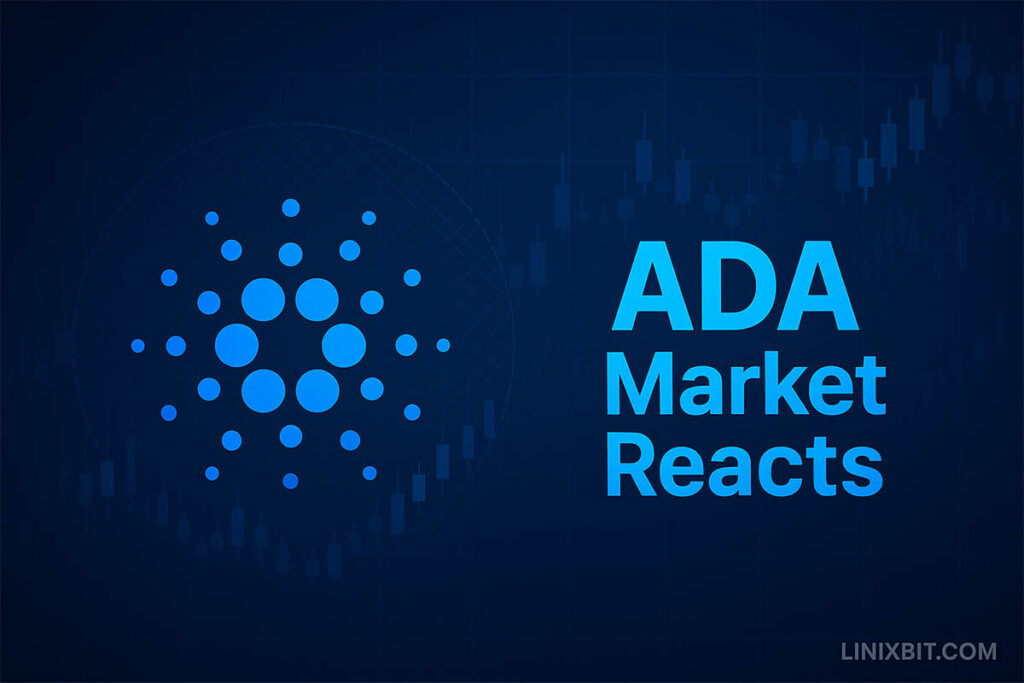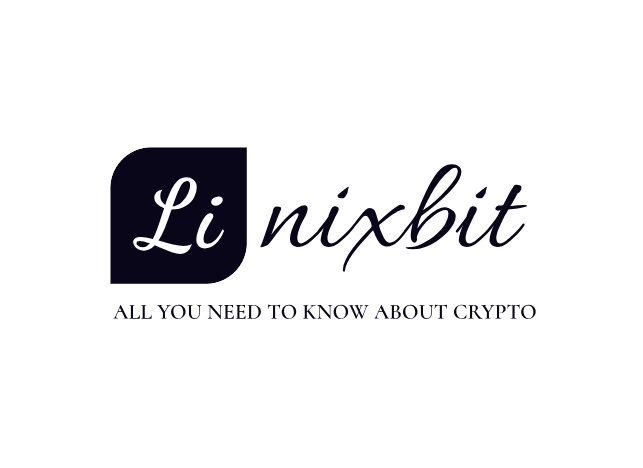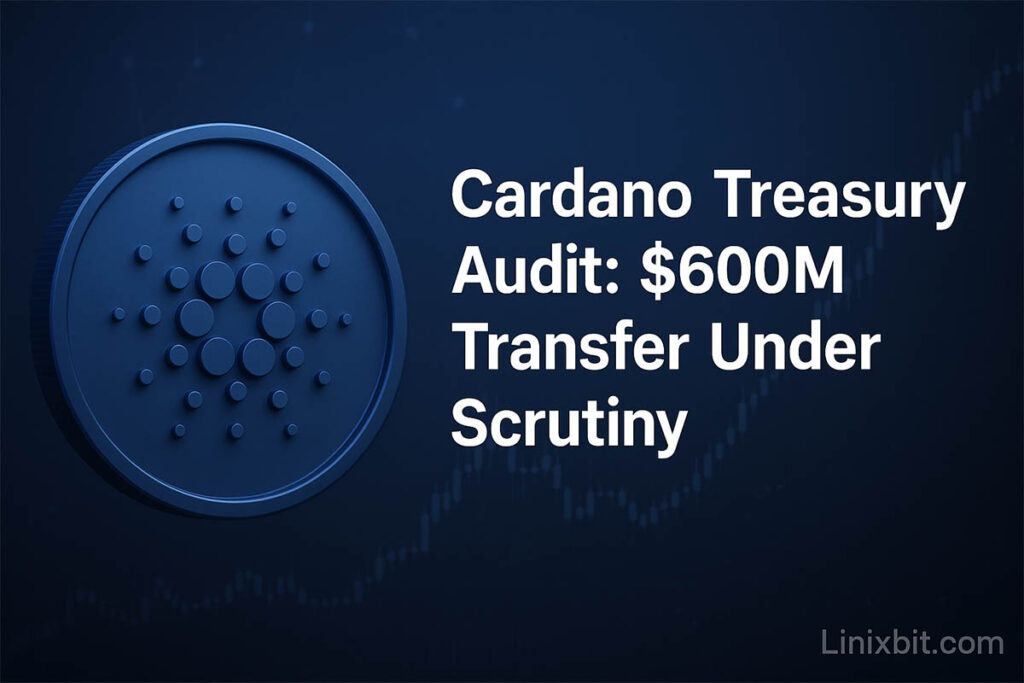A critical Cardano treasury audit is underway at the Cardano Foundation because founder Charles Hoskinson faces allegations over his transfer of more than $600 million in ADA tokens. A contentious event began when 318 million ADA tokens moved from presale addresses into Cardano reserves during the Allegra hard fork in 2021. The issue has triggered worries about transparency and community asset management, which led to an official investigation.
The ongoing ADA token controversy has created severe distrust within the community because of accusations about unilateral ledger manipulation and the absence of approval from original token holders for this large transaction. Hoskinson denied the allegations by asserting that the funds were either redeemed by their holders or given as donations. However, discrepancies in claimed amounts persist. The forthcoming audit represents a pivotal moment with important consequences for Cardano’s standing and its organizational structure, while also determining the trustworthiness of its leadership in the future.
How the $600M ADA Transfer Unfolded
NFT artist Masato Alexander illuminated the controversy that stands at the heart of the planned Cardano treasury audit by alleging that the 2021 Allegra hard fork facilitated a 318 million ADA transaction. The use of a “genesis key” allowed unilateral modifications to the blockchain ledger by transferring funds directly from presale wallets to project reserves, which raised concerns over unauthorized access to significant amounts of funds.
Alexander labeled this event as a “two-step maneuver,” which canceled the original UTxOs containing ADA and moved them to the reserves. He explained that Cardano’s “Move Instantaneous Rewards” (MIR) feature was activated to extract funds from the reserves. The situation has raised serious concerns about whether original token owners had given their consent for the mass redistribution of their purchased assets.
Hoskinson Responds: Deepening Cardano Governance Issues
On May 6, Charles Hoskinson responded to the allegations by stating that most of the funds were redeemed or donated to Intersect, which will be examined in an upcoming Cardano treasury audit. The interim executive director of Intersect disclosed that they received about $7 million. The nearly $619 million value of the ADA at transfer time shows a dramatic contrast with the $7 million received by Intersect’s executive director, which raises significant doubt.
The one advantage in a crisis or an event that tests people is that you rapidly get to see who your friends truly are and who's fairweather. I'd like to thank all the support and kind words both privately and publicly.
— Charles Hoskinson (@IOHK_Charles) May 18, 2025
The downside is that I believe there will be a cold…
The difference between the expected and actual funds generates additional concern about Cardano governance transparency since the transferred funds supposedly produced another 25 million ADA through staking rewards. Old concerns about Cardano’s initial distribution of tokens have been revived by the incident. Hoskinson voiced his personal distress over the community’s lack of trust and indicated he might modify how he engages with the public after these developments.
ADA Market Reacts Amid Token Controversy
Cardano’s market performance faced measurable disruption due to the ongoing ADA token controversy, which instigated investor anxiety as further treasury details surfaced. The ADA token price fell 4.6% to $0.7352 after the allegations became public, while its 24-hour trading volume increased by 27%, reaching $1.05 billion according to CoinGecko data.

During the ongoing chaos, Hoskinson reinforced Cardano’s future objectives while admitting current weaknesses in DeFi expansion and stablecoin usage compared to its competition. Despite facing financial scrutiny and community-governance concerns, Cardano must resolve to maintain confidence. Hoskinson pointed out the $1.5 billion treasury as beneficial for Bitcoin DeFi.
Path to Clarity? What the Cardano Treasury Audit Must Address
The Cardano Foundation’s upcoming treasury audit is highly anticipated because it represents an essential milestone that will clarify how the controversial $600 million ADA has been used. The audit seeks to provide factual information, yet deep-rooted transparency concerns and unilateral actions mean it alone cannot fully dispel the community’s doubts nor rebuild trust.
The current dispute demonstrates the difficulties of Cardano governance issues and maintaining accountability within decentralized systems. Cardano must move forward by resolving allegations based on audit results while also rebuilding its reputation for operational trustworthiness. The resulting conclusions will affect how people view Cardano’s dedication to true decentralization and sustained trust from its community.


